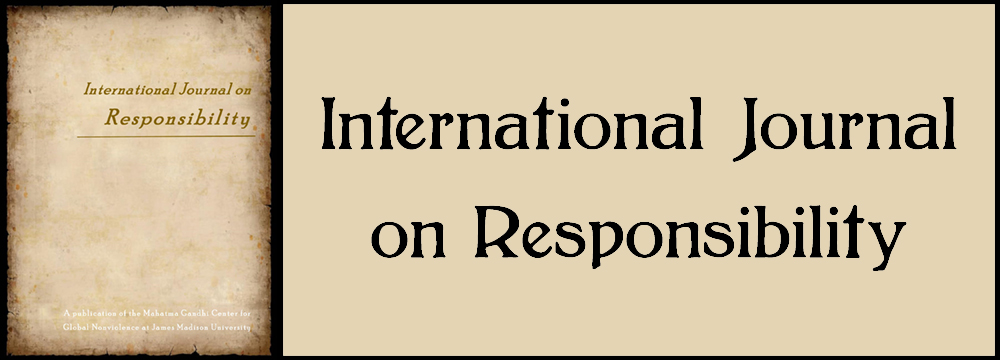
Abstract
Resumen
La emergente variedad de español que se habla en los Estados Unidos (EE. UU.). carece de prestigio entre la lingüística española a pesar de que cualquier crítica dirigida a ella pueda ser dirigida a otras variedades aceptadas. Esto lleva a la conclusión de que los lingüistas no reconocen la variedad hispanounidense a causa de la historia de colonización y la mente colonizada de ambos: los hablantes de esta variedad y los lingüistas que la estudian. Hay que tomar un paso hacia la descolonización de la lingüística española para producir grandes cambios positivos tanto personales como sociales en los EE. UU.
Abstract
The emerging variety of Spanish spoken in the United States (U.S.) lacks linguistic prestige despite the fact that whatever criticism that could be directed at it could also be directed at other accepted varieties of Spanish. This suggests that linguists fail to validate the variety of Spanish spoken in the U.S. due to the history of colonization and the colonized mind of both the speakers of this variety and the linguists who study it. We must take the step of decolonizing Spanish linguistics to produce numerous positive personal and social changes in the U.S.
Type of Issue
Special issue
Recommended Citation
Shank, Wendell J.
(2025)
"Aceptación de la variedad hispanounidense: Un paso hacia la descolonización de la lingüística española en los Estados Unidos,"
International Journal on Responsibility: Vol. 8:
Iss.
1, Article 1.
DOI: https://doi.org/10.62365/2576-0955.1119
Available at:
https://commons.lib.jmu.edu/ijr/vol8/iss1/1
DOI
10.62365/2576-0955.1119
Creative Commons License

This work is licensed under a Creative Commons Attribution-NonCommercial-Share Alike 4.0 International License.
Included in
Language Description and Documentation Commons, Spanish Linguistics Commons, Typological Linguistics and Linguistic Diversity Commons


